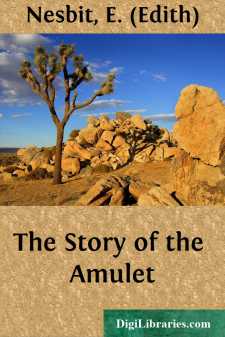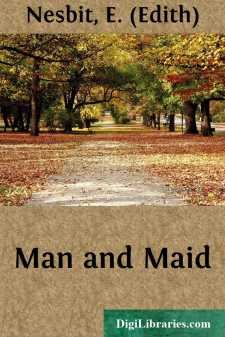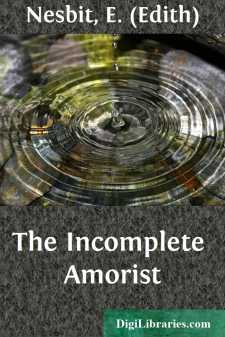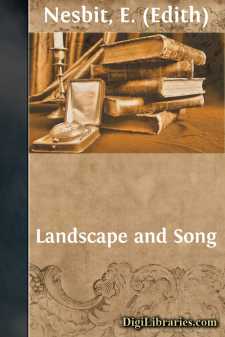Categories
- Antiques & Collectibles 13
- Architecture 36
- Art 48
- Bibles 22
- Biography & Autobiography 815
- Body, Mind & Spirit 144
- Business & Economics 28
- Children's Books 18
- Children's Fiction 14
- Computers 4
- Cooking 94
- Crafts & Hobbies 4
- Drama 346
- Education 58
- Family & Relationships 59
- Fiction 11829
- Games 19
- Gardening 17
- Health & Fitness 34
- History 1378
- House & Home 1
- Humor 147
- Juvenile Fiction 1873
- Juvenile Nonfiction 202
- Language Arts & Disciplines 89
- Law 16
- Literary Collections 686
- Literary Criticism 179
- Mathematics 13
- Medical 41
- Music 40
- Nature 179
- Non-Classifiable 1768
- Performing Arts 7
- Periodicals 1453
- Philosophy 65
- Photography 2
- Poetry 896
- Political Science 203
- Psychology 44
- Reference 154
- Religion 515
- Science 126
- Self-Help 85
- Social Science 82
- Sports & Recreation 34
- Study Aids 3
- Technology & Engineering 59
- Transportation 23
- Travel 463
- True Crime 29
Our website is made possible by displaying online advertisements to our visitors.
Please consider supporting us by disabling your ad blocker.
The Story of the Amulet
Categories:
Description:
Excerpt
CHAPTER 1. THE PSAMMEAD
There were once four children who spent their summer holidays in a white house, happily situated between a sandpit and a chalkpit. One day they had the good fortune to find in the sandpit a strange creature. Its eyes were on long horns like snail's eyes, and it could move them in and out like telescopes. It had ears like a bat's ears, and its tubby body was shaped like a spider's and covered with thick soft fur—and it had hands and feet like a monkey's. It told the children—whose names were Cyril, Robert, Anthea, and Jane—that it was a Psammead or sand-fairy. (Psammead is pronounced Sammy-ad.) It was old, old, old, and its birthday was almost at the very beginning of everything. And it had been buried in the sand for thousands of years. But it still kept its fairylikeness, and part of this fairylikeness was its power to give people whatever they wished for. You know fairies have always been able to do this. Cyril, Robert, Anthea, and Jane now found their wishes come true; but, somehow, they never could think of just the right things to wish for, and their wishes sometimes turned out very oddly indeed. In the end their unwise wishings landed them in what Robert called 'a very tight place indeed', and the Psammead consented to help them out of it in return for their promise never never to ask it to grant them any more wishes, and never to tell anyone about it, because it did not want to be bothered to give wishes to anyone ever any more. At the moment of parting Jane said politely—
'I wish we were going to see you again some day.'
And the Psammead, touched by this friendly thought, granted the wish. The book about all this is called Five Children and It, and it ends up in a most tiresome way by saying—
'The children DID see the Psammead again, but it was not in the sandpit; it was—but I must say no more—'
The reason that nothing more could be said was that I had not then been able to find out exactly when and where the children met the Psammead again. Of course I knew they would meet it, because it was a beast of its word, and when it said a thing would happen, that thing happened without fail. How different from the people who tell us about what weather it is going to be on Thursday next, in London, the South Coast, and Channel!
The summer holidays during which the Psammead had been found and the wishes given had been wonderful holidays in the country, and the children had the highest hopes of just such another holiday for the next summer. The winter holidays were beguiled by the wonderful happenings of The Phoenix and the Carpet, and the loss of these two treasures would have left the children in despair, but for the splendid hope of their next holiday in the country. The world, they felt, and indeed had some reason to feel, was full of wonderful things—and they were really the sort of people that wonderful things happen to. So they looked forward to the summer holiday; but when it came everything was different, and very, very horrid....












